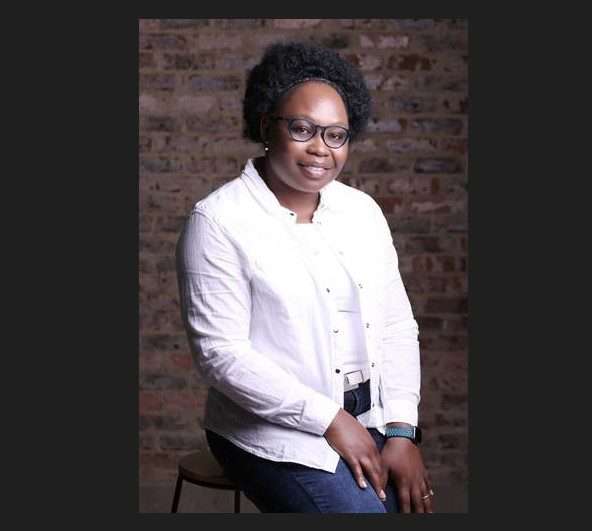As South Africa grapples with low maths pass rates in the matric exams, an education expert has called for more research to be done on dyscalculia.
Dyscalculia is a learning disorder that affects an individual’s ability to understand and manipulate numbers and mathematical concepts.
Dr Lindiwe Mokotjo, head of the faculty of education at the Independent Institute of Education, said there is limited research on dyscalculia in South Africa.
She said little awareness of the disorder results in a lack of diagnostic and remedial resources to support people who need help.
“It is estimated that dyscalculia could be as prevalent as dyslexia, which affects between 5% and 10% of the population,” she said.
“There is concern particularly in South Africa regarding the sub-par performance of students in mathematics generally.”
The matric Class of 2022 achieved a pass rate of 55% in maths, a drop of 2.6% from the 2021 pass rate. In South Africa, pupils need only 30% to pass maths.
“While it is not uncommon for South African pupils to struggle with mathematics during their educational journeys, more awareness is needed about dyscalculia to ensure that those who maybe have the condition are able to access the help they need timeously.”
She added that pupils often find maths challenging primarily due to preconceived notions about the subject.
“These negative perceptions often inform their overall attitude towards mathematics, thereby creating a barrier to effective learning.
“Furthermore, I have observed a direct correlation between students’ failure rates and the existence of an information gap which hinders their understanding of mathematical concepts taught in the classroom.
“These, as well as other factors, could induce mathematics anxiety and developmental dyscalculia,” she said.
Quoting a study conducted in the UK and published in 2021 titled Counting on the recovery: The role for numeracy skills in levelling up’the UK, Mokotjo said individuals with poor numeracy were disadvantaged by lower income levels, increased likelihood of illness and legal prosecution, and a greater need for educational intervention.
“The study estimated that the economic impact of low numeracy skills in the UK amounted to over £48-billion [R1.1-trillion],” she said.
Mokotjo said more research is needed to better understand the prevalence of dyscalculia and to develop strategies for identifying and supporting individuals with the condition.
Some of the options available for pupils and students with dyscalculia, she explained, are assessments by learning experts or educational psychologists to determine the presence and extent of the individual’s condition and recommend interventions.
“There are various technological tools that can assist such as math apps and software programmes which can provide visual representations of mathematical concepts and tools that can read math problems aloud to the user.
“There are also assistive technologies such as calculators, abacuses and active learning strategy as a teaching strategy that can assist with basic math understanding,” she said.
Follow @SundayWorldZA on Twitter and @sundayworldza on Instagram, or like our Facebook Page, Sunday World, by clicking here for the latest breaking news in South Africa.




